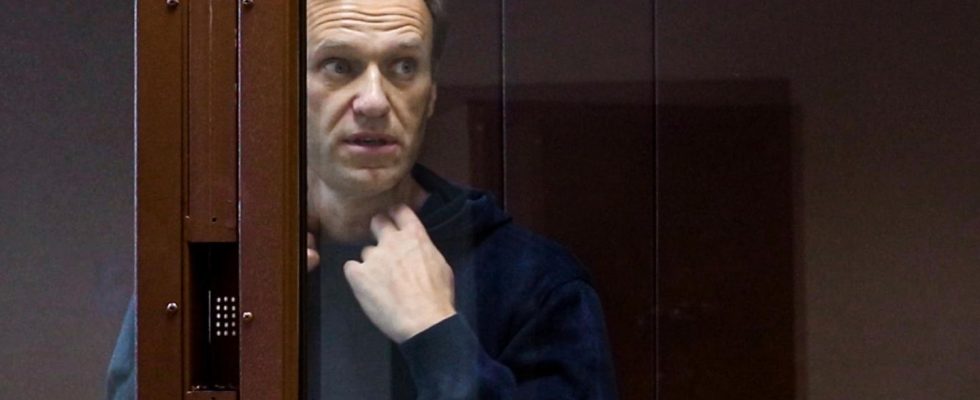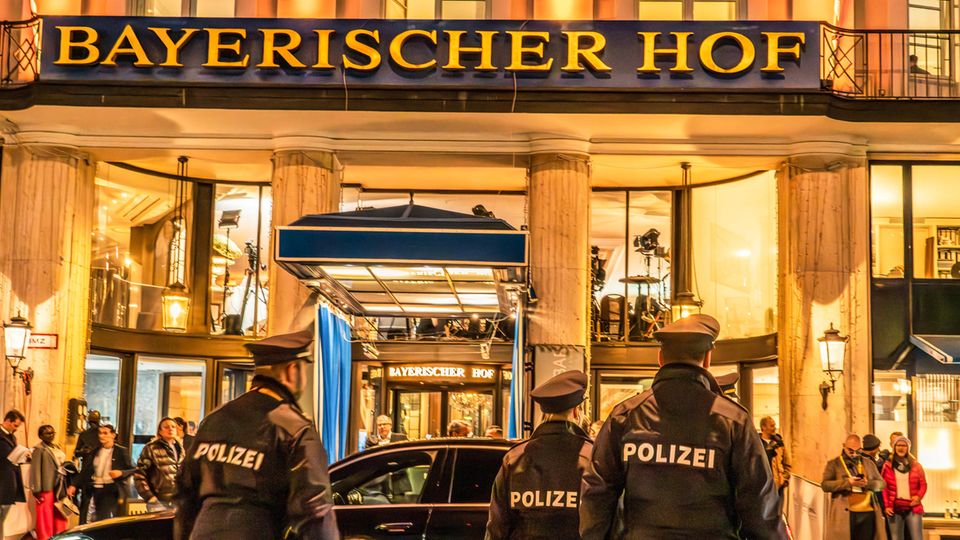Opinion
Munich Security Conference
After the news of Navalny’s death: The uncertainty in the West has perhaps never been greater
Alexei Navalny at a hearing in Moscow in 2021 – now Russia has reported the death of the Kremlin critic
© Babuskinsky District Court / DPA
The news of Alexei Navalny’s death comes right at the start of the Munich Security Conference. Vladimir Putin once declared war on the West there. Now it is finally clear how serious this was meant.
In the years that followed, it became increasingly clear how serious the Russian president was about this new confrontation; he no longer had to appear in person at the follow-up conferences: the Crimean War, the invasion of Ukraine… Of course, Putin was also there this year, at the 60th . Edition of the security conference, not present in person. And yet the depth of Russia’s break with the West became clearer than ever when news of the death of Kremlin critic Alexey Navalny broke right at the start of the conference.
Munich Security Conference: the Cold War is getting even colder
The reactions were immediate and they were extraordinarily undiplomatic. French President Emmanuel Macron wrote on “We will never forgive them,” said Polish President Donald Tusk. You don’t have to be a criminologist to have a strong suspicion of a crime, said Federal Defense Minister Boris Pistorius. Navalny’s wife Yulia even made a short statement on stage, warning against believing anything about Putin and his government. “They always lie… Putin and everyone who works for him. I want them to know that they will not go unpunished.” The applause in the hall was deafening.
“Peace through dialogue” is actually the motto of the security conference. This can no longer be thought of, at least with Russia – which once again showed the assembled leaders how radical the “turning point” is likely to be. The West made a demonstrative effort to close ranks. US Vice President Kamala Harris recalled that the US wanted to continue to “lead” and was still serious about protecting its allies. But Harris is only number two in a possible outgoing Biden administration. Donald Trump, on the other hand, the other big ghost hanging over this conference, made it clear a few days ago how ridiculous he finds NATO’s assistance obligations – and how little he is willing to defend countries that, in his view, do not contribute enough militarily.
French conference representatives in Munich are busy discussing a possible European atomic bomb under French leadership. But the populist Marine Le Pen, who vehemently rejects such plans, could soon come to power in Paris. On Saturday morning, Federal Chancellor Olaf Scholz will speak in Munich, but so far his government has not even really financed the “turning point”.
So what the West needs to talk about in Munich this year: a completely new European security architecture that is likely to cost many billions of euros. A constant struggle with Russia, which cannot be a dialogue partner for many years. A war in Ukraine that is also a war of values. How long can the countries of the West, with their often politically divided publics, endure this debate? A first conclusion from the first day of the security conference: The uncertainty in the West has perhaps never been greater.



